A glowing, healthy complexion is something we all strive for, and with the ever-expanding skincare market, there’s a seemingly endless variety of products, ingredients, and routines promising to give you radiant skin. But with so many options available, how do you know what works and what’s worth your investment? This is where the power of a consistent, personalized skincare routine comes into play.
Skincare isn’t just about the products you use—it’s about understanding your skin’s unique needs and developing a routine that nurtures, protects, and enhances your complexion. Whether you’re just starting your skincare journey or you’re a seasoned pro, there’s always room to learn about the latest trends, ingredients, and techniques to keep your skin looking and feeling its best.
In this blog, we’ll cover the basics of skincare, highlight essential steps for an effective routine, explore trending ingredients, and provide tips for achieving healthy, glowing skin at every age.
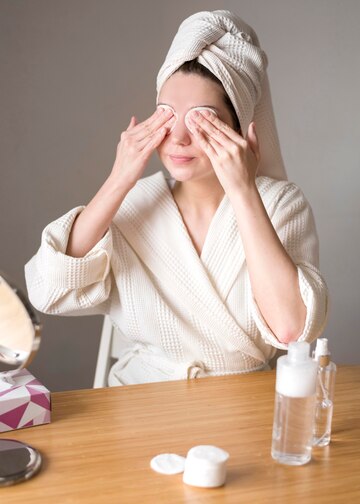
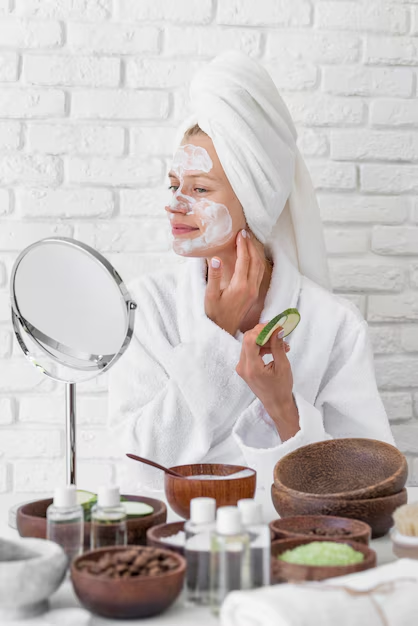
Before diving into any skincare routine or trying out the latest products, it’s important to understand your skin type. Your skin’s unique characteristics will determine what products and ingredients will work best for you. Broadly, skin types can be classified into five categories:
- Normal: Well-balanced skin that isn’t too oily or too dry. If you have normal skin, your pores are usually small, and your complexion is smooth and even.
- Oily: Skin that produces excess sebum, often leading to a shiny appearance, especially in the T-zone (forehead, nose, and chin). Oily skin can also be more prone to acne and enlarged pores.
- Dry: Skin that lacks moisture, often appearing flaky, tight, or rough. Dry skin can feel uncomfortable and may be more sensitive to harsh weather conditions or products.
- Combination: A mix of different skin types on different parts of the face. For example, your T-zone may be oily, while your cheeks are dry.
- Sensitive: Skin that reacts easily to products, environmental changes, or certain ingredients. It may be prone to redness, irritation, or allergic reactions.
Knowing your skin type is crucial because it will guide your product choices and how you approach your skincare routine. For example, if you have oily skin, you may want to focus on oil-free moisturizers and mattifying serums, while those with dry skin should prioritize hydrating and nourishing formulas.
2. Building a Basic Skincare Routine
A consistent skincare routine is the foundation of healthy skin, and it doesn’t need to be complicated. Whether you have a few minutes in the morning or more time to devote to your evening regimen, these basic steps can help keep your skin clean, hydrated, and protected.
Step 1: Cleansing
The first step in any skincare routine is cleansing. A gentle cleanser removes dirt, oil, and makeup, preparing your skin to absorb the next steps in your routine. Choose a cleanser based on your skin type:
- For oily skin, opt for a gel or foaming cleanser that removes excess oil.
- For dry or sensitive skin, go for a cream-based or hydrating cleanser that doesn’t strip the skin of its natural oils.
Step 2: Toning
Toning helps restore the skin’s natural pH balance after cleansing. It can also prepare the skin to better absorb the active ingredients in your serum and moisturizer. Look for a toner that’s free from alcohol, as this can be drying to the skin. For dry or sensitive skin, look for hydrating toners with ingredients like aloe vera or rose water.
Step 3: Serums and Treatments
Serums are concentrated formulas that target specific skin concerns, such as aging, acne, hyperpigmentation, or dehydration. Depending on your skin’s needs, you can choose a serum with:
- Vitamin C for brightening and collagen production.
- Hyaluronic acid for hydration and plumping.
- Retinol for anti-aging and reducing fine lines.
- Niacinamide for soothing and reducing redness.
Serums should be applied before your moisturizer, allowing the active ingredients to penetrate deeply into the skin.
Step 4: Moisturizing
No matter your skin type, moisturizing is essential. A good moisturizer helps lock in hydration and prevent moisture loss. For oily skin, go for a lightweight, non-comedogenic gel moisturizer. For dry skin, a thicker, more emollient cream will help nourish and protect the skin’s barrier.
Step 5: Sunscreen
Daily sunscreen application is arguably the most important step in any skincare routine. UV rays can cause premature aging, pigmentation, and increase the risk of skin cancer. Apply broad-spectrum SPF 30 or higher every morning, even on cloudy days or when you’re indoors. There are a variety of sunscreen formulations, including mineral sunscreens, which contain zinc oxide or titanium dioxide, and chemical sunscreens, which absorb UV rays.
3. Trending Ingredients in Skincare
The skincare industry is constantly innovating, with new ingredients emerging that promise to solve a range of skin issues. While it’s important to build a routine with timeless, effective ingredients, it’s also worth exploring some of the trending skincare ingredients for 2024.
Hyaluronic Acid
Hyaluronic acid is a powerhouse humectant that draws moisture into the skin. It’s perfect for all skin types, especially for those seeking deep hydration. It’s commonly found in serums, moisturizers, and masks, helping to plump and smooth the skin.
Niacinamide
Niacinamide, also known as vitamin B3, is a multi-tasking ingredient that works wonders for a variety of skin concerns. It helps to reduce redness, even skin tone, minimize pores, and strengthen the skin barrier. Niacinamide is often found in serums, toners, and moisturizers.
Retinol and Retinoids
Retinol is one of the most effective ingredients for anti-aging. It stimulates collagen production, accelerates cell turnover, and can reduce the appearance of fine lines and wrinkles. It’s important to start slowly with retinol, as it can cause irritation. Be sure to apply sunscreen during the day, as retinol can increase sun sensitivity.
Bakuchiol
Bakuchiol is a natural alternative to retinol, often dubbed “retinol without the irritation.” It has similar anti-aging and skin-smoothing effects but is much gentler on the skin. It’s suitable for those with sensitive skin who want to achieve similar benefits as retinol without the risk of dryness or irritation.
Peptides
Peptides are short chains of amino acids that help rebuild the skin barrier and stimulate collagen production. They are ideal for mature or aging skin as they can help to restore elasticity, reduce wrinkles, and improve overall texture. Look for serums or moisturizers that contain peptides for a rejuvenating boost.
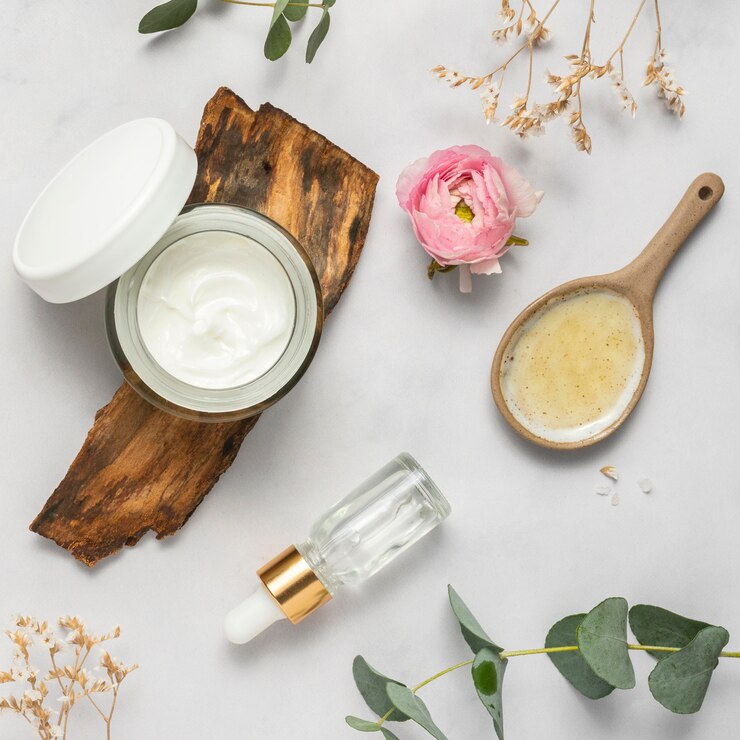
4. Skincare for Different Skin Concerns
As you navigate the world of skincare, it’s important to remember that everyone’s skin is different. Here’s how you can address specific skin concerns with tailored solutions:
Acne-Prone Skin
For acne, look for products containing salicylic acid or benzoyl peroxide, which help to clear pores and reduce inflammation. Additionally, gentle exfoliation with AHA or BHA can help keep pores from becoming clogged.
Hyperpigmentation and Dark Spots
Vitamin C is one of the best ingredients for lightening dark spots and brightening the skin. Niacinamide and alpha arbutin are also great for fading hyperpigmentation and achieving a more even skin tone.
Aging Skin
If fine lines and wrinkles are your primary concern, incorporating retinol or peptides into your routine can make a significant difference. Don’t forget to moisturize and use sunscreen, as hydration and sun protection are crucial for preventing premature aging.
Sensitive Skin
For sensitive skin, avoid harsh ingredients like alcohol, fragrance, or synthetic dyes. Opt for soothing products with ingredients like aloe vera, chamomile, and oat extract, which are known for their calming properties.
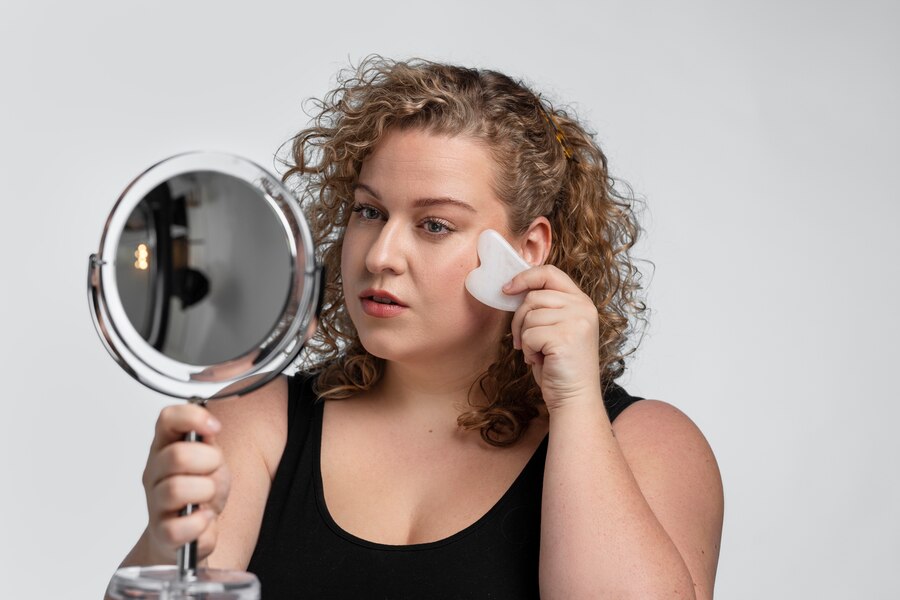
5. Consistency is Key in Skincare
Achieving glowing, healthy skin doesn’t happen overnight. The key to successful skincare is consistency. Results can take time, especially when using active ingredients like retinol or vitamin C. Stick to your routine, and don’t be discouraged by slow progress. Over time, you’ll see your skin become clearer, smoother, and more radiant.
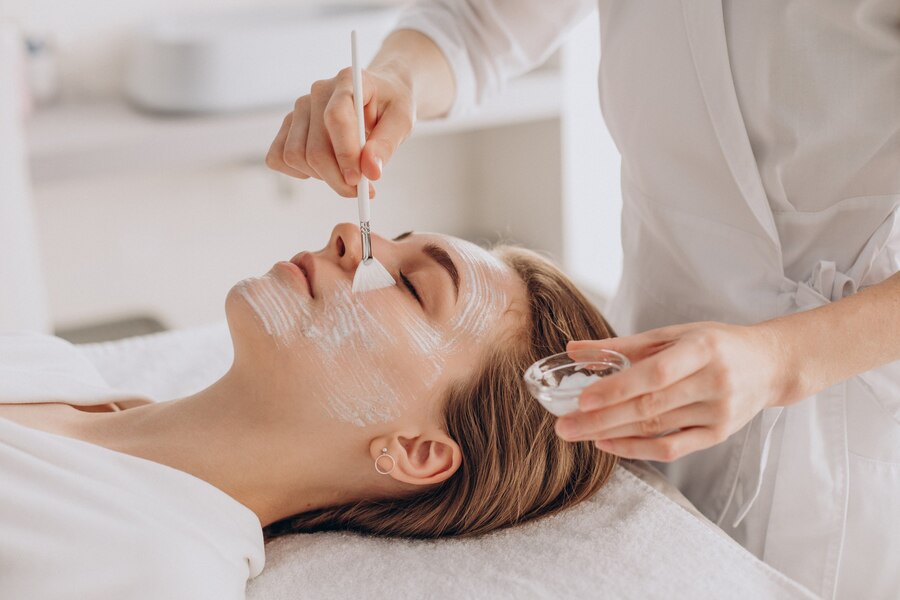
Embrace a Skincare Routine That Works for You
Skincare is a deeply personal journey, and there’s no one-size-fits-all approach. The best way to find your perfect routine is to understand your skin’s unique needs, experiment with products, and adjust your regimen accordingly. By choosing the right ingredients, staying consistent, and giving your skin the care it deserves, you’ll enjoy healthier, glowing skin for years to come.
Remember, skincare isn’t just about the products you use—it’s about taking time for yourself and making your skin health a priority. With the right routine, knowledge, and a bit of patience, you can unlock your best skin yet.

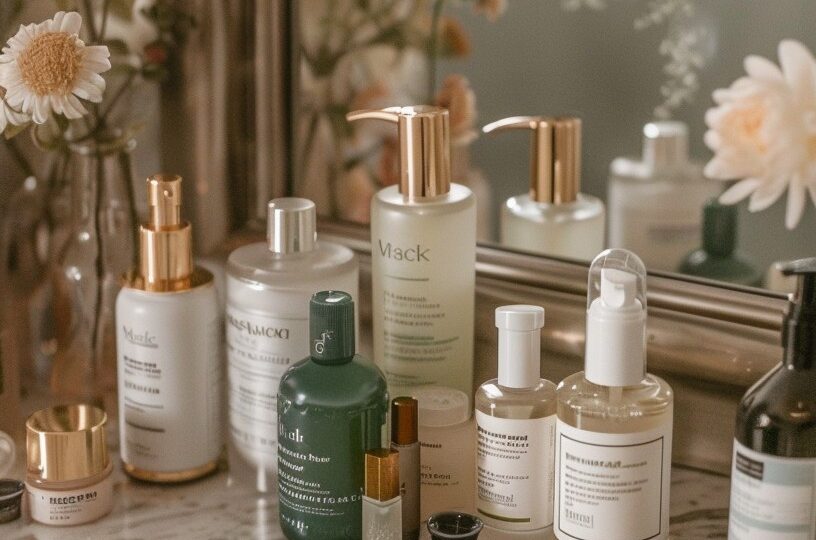
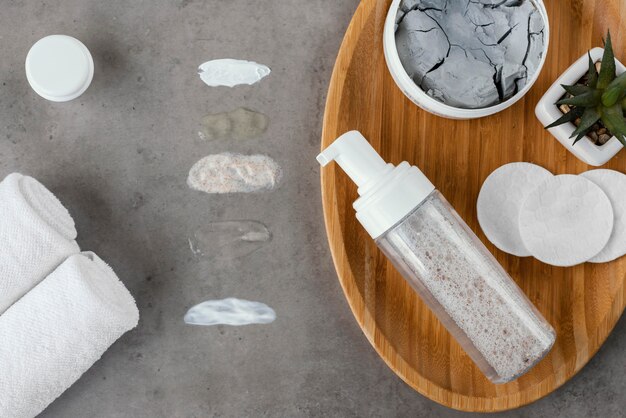
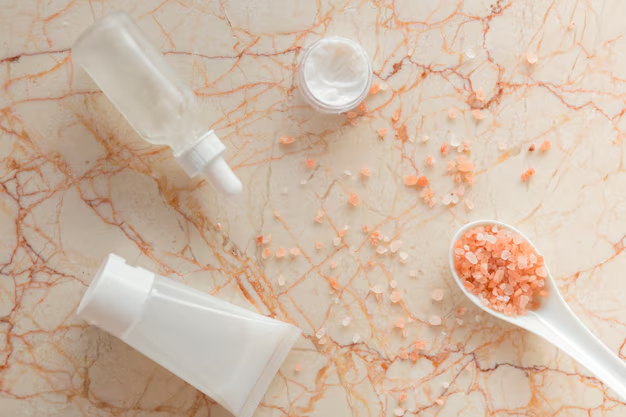
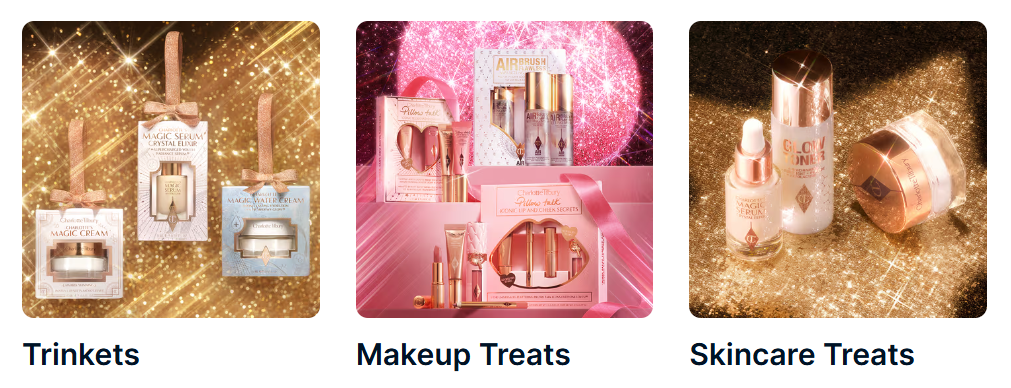
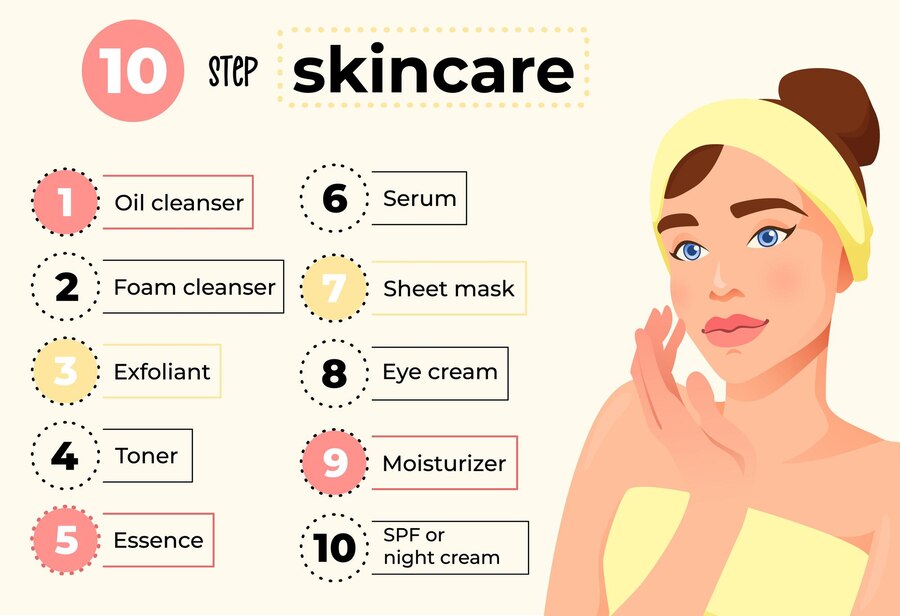
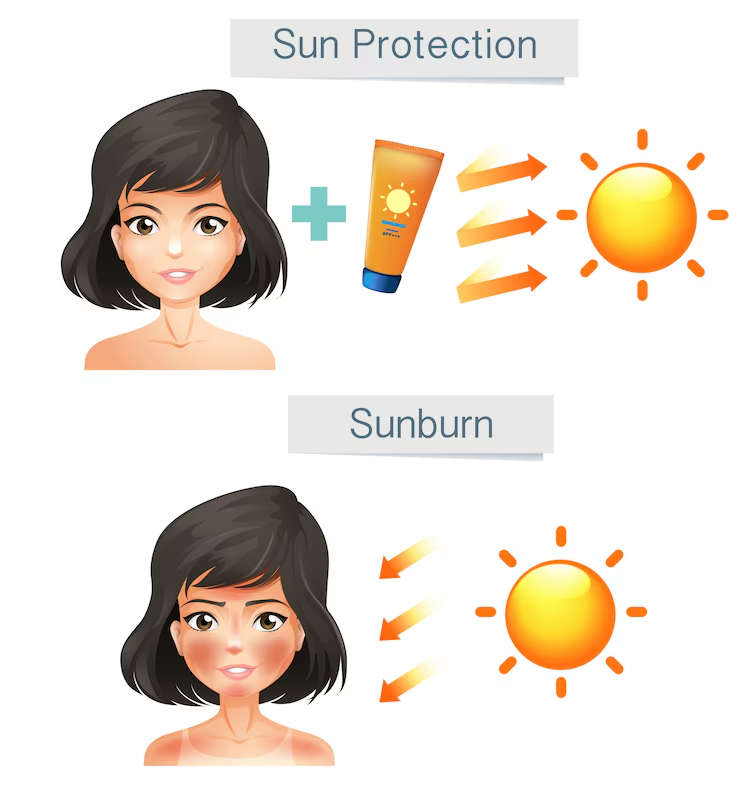
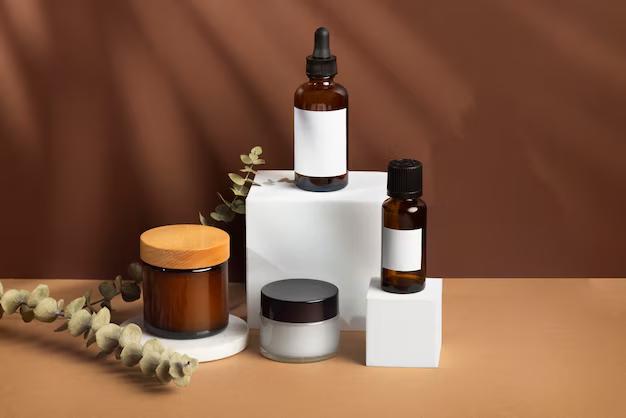








[…] is more than just about wearing clothes—styling fashion is about expressing your individuality, creativity, and confidence through the way you dress. […]